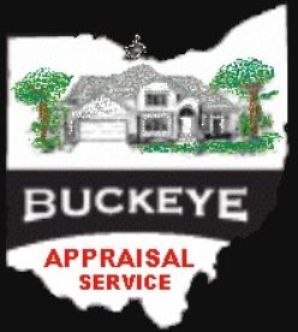FAQ
Frequenty Asked Questions
What is the purpose of a real estate appraisal?
An impartial third party appraisal is needed to make sure a buyer is not paying too much for a property and to make sure a lender does not extend too much credit to the buyer. The appraiser gathers details about the property and comparable properties and analyzes those details in order to provide the estimated value of the property.
If an appraisal inspection (walk-through) is a required part of the appraisal, how long will it take?
Generally, the walk-through of your home will take no more than 20 to 30 minutes. Additional time may be spent outside your home, analyzing your property and any structures on your property. Please ask about the length of time needed if you feel there are special circumstances with your home. Note: The term inspection does not constitute a home inspection. When an appraiser views the home, it is for informational gathering purposes.
What happens after the walk-through?
After the walk-through, the appraiser studies homes in your area which have recently sold and are considered similar to your home. After all this information is gathered, the appraiser can begin the appraisal report in his/her office. This is a lengthy process, taking hours to complete. The completed report is forwarded to the authorized requestor.
How can I get a copy of the appraisal that a lender ordered on my home?
If your appraisal was requested by a lender, then the lender owns that appraisal, regardless of who pays for it. You should submit a written request to the lender, asking for a copy to be sent to you. Do not contact the appraiser for the copy as it cannot be released without the consent of the requesting lender.
What is PMI or Private Mortgage Insurance?
The Homeowners Protection Act of 1998 (Public Law 105-216) was signed into law on July 29, 1998. The Act provides a statutory framework for cancelling or automatically terminating private mortgage insurance (PMI). PMI is an insurance policy that protects the lender from losses when a mortgage with a low down payment is in default. In general, most PMI requirements in connection with a residential mortgage transaction entered into after July 29, 1999 will terminate when the mortgage is scheduled to reach 78% of the original value of the property. A mortgagor with a good payment history and who meets other requirements of the Act may request the concellation when the mortgage balance reaches 80% of the property's value. The federal banking agencies, the NCUA, and the Farm Credit Administration are directed to enforce these requirements.
